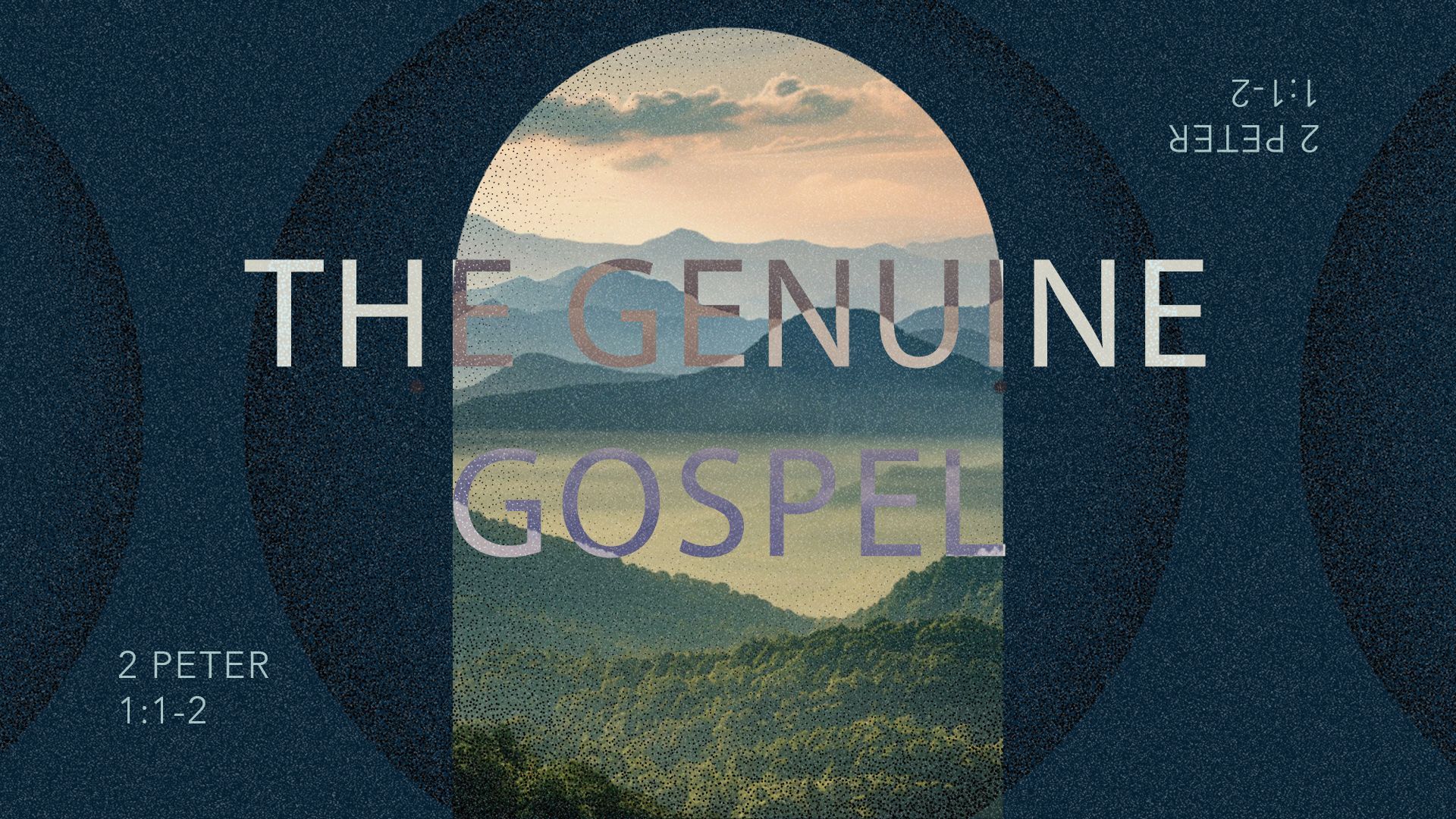Got Questions?
Summary of sermon on Matthew 22:23-40 from Pastor Lance Shumake.
Religious leaders of Jesus' time were threatened by His ministry and sought ways to get rid of, or discredit Him. One way they did this was by asking questions and seeing how He would respond.
In our passage this week, a group of religious leaders called the Sadducees asked Jesus a question about marriage after the resurrection (Matt 22:23-28).
The Sadducees (who did not believe in the afterlife) asked their question because they perceived others' beliefs about "Heaven" to be a continuation of what life was like on earth. The truth is, Heaven will be a place where sin and death will be no more. No more pain, or sorrow or suffering, and we get to spend eternity with a Heavenly Father who loves us.
Heaven is not just an elimination of the bad things, it’s an improvement of the good things beyond our imagination.
Jesus leads the Sadducees directly to their own law in Exodus, talking about Moses and the burning bush. The passage tells that God is not God of the dead, but the God of the living.
This shut down the very (dis)belief of the Sadducees.
In the second part of our passage, a different group of religious leaders -- the Pharisees -- questioned Jesus on what He believed to be the "greatest commandment of the law?"
The Pharisees loved the law, they loved it so much they came up with a total of 613 laws! They wanted to discredit Jesus and see how He would respond.
Jesus responds by saying, "You shall love the Lord your God with all your heart and with all your soul and with all your mind. This is the great and first commandment. And a second is like it: You shall love your neighbor as yourself. On these two commandments depend all the Law and the Prophets.”
To love God with all your being means that you love Him with all your HEART (your will); your SOUL (your emotions); and your MIND (your thoughts).
We get to know Jesus by being in his living, active Word. The more we get to know Him, the more we see His love for others and learn to love our neighbors as ourselves.
Self-love is the measure for our love for others.
Simply put, we are called to love God and love others.
Love is the foundation of the law and the prophets.
"Owe no one anything, except to love each other, for the one who loves another has fulfilled the law. For the commandments, “You shall not commit adultery, You shall not murder, You shall not steal, You shall not covet,” and any other commandment, are summed up in this word: “You shall love your neighbor as yourself.” Love does no wrong to a neighbor; therefore love is the fulfilling of the law." - Romans 13:8–10
Love for God comes from His love for us
Love for others is an overflow of God’s love for us
"Beloved, let us love one another, for love is from God, and whoever loves has been born of God and knows God. Anyone who does not love does not know God, because God is love. In this the love of God was made manifest among us, that God sent his only Son into the world, so that we might live through him. In this is love, not that we have loved God but that he loved us and sent his Son to be the propitiation for our sins. Beloved, if God so loved us, we also ought to love one another." - 1 John 4:7–11
"We love because he first loved us. If anyone says, “I love God,” and hates his brother, he is a liar; for he who does not love his brother whom he has seen cannot love God whom he has not seen."
- 1 John 4:19-20





